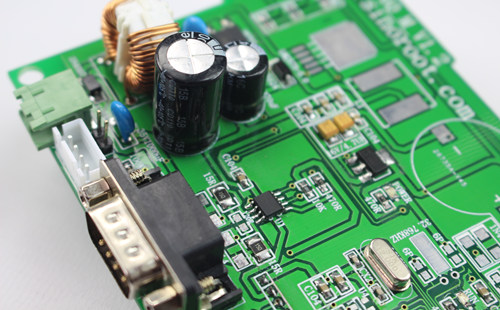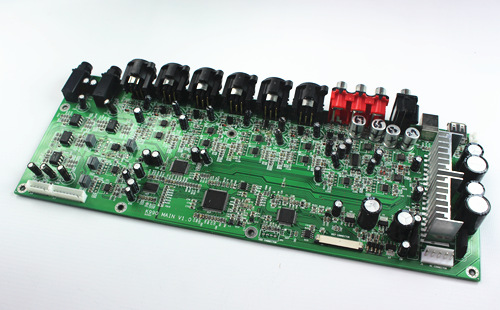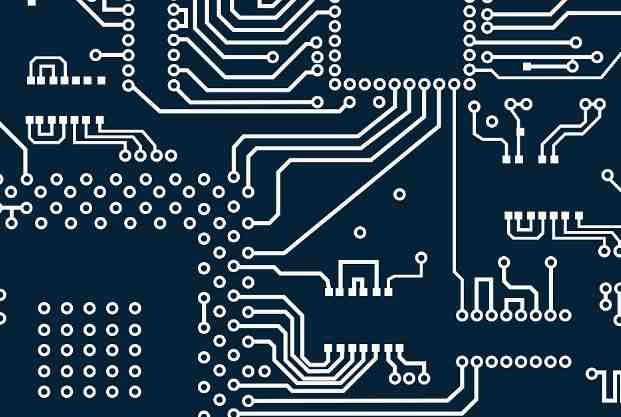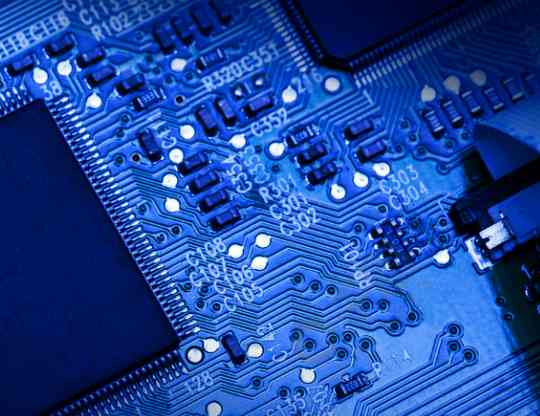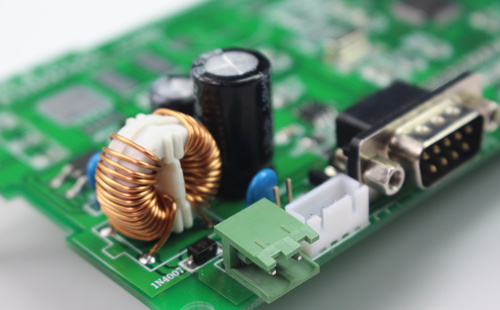
PCB factory: PCBA tin penetration requirements and factors affecting tin penetration
In the through-hole plug-in process, the poor tin penetration of PCB board is easy to cause problems such as faulty soldering, tin cracking and even parts dropping, which is a headache for process engineers. Next, we sorted out some factors that affect the penetration of PCBA tin.
1、 PCBA tin penetration requirements
According to the IPC standard, the PCBA tin penetration requirement of through-hole solder joints is generally above 75%, which means that the tin penetration standard for the appearance inspection of the welded face plate is not less than 75% of the aperture height (plate thickness), and the PCBA tin penetration of 75% - 100% is appropriate. While the plated through-hole is connected to the heat dissipation layer or the heat conduction layer for heat dissipation, the PCBA tin penetration is required to be more than 50%.
2、 Factors Affecting PCBA Tin Penetration
The poor tin penetration of PCBA is mainly affected by materials, wave soldering process, flux, manual soldering and other factors.
1. Materials
The molten tin at high temperature has a strong permeability, but not all the soldered metals (PCB boards, components) can penetrate, such as aluminum, whose surface will generally form a dense protective layer automatically, and the different internal molecular structures make it difficult for other molecules to penetrate. Second, if there is an oxide layer on the surface of the metal to be welded, it will also prevent the penetration of molecules. We usually use flux or gauze to clean it.

2. Wave soldering process
The poor tin penetration of PCBA is naturally directly related to the wave soldering process. Re optimize the soldering parameters with poor tin penetration, such as wave height, temperature, soldering time or moving speed. First of all, the rail angle should be appropriately lowered, and the height of wave crest should be increased to improve the contact amount between liquid tin and the solder end; Then, increase the temperature of wave soldering. Generally speaking, the higher the temperature is, the stronger the permeability of tin is. However, the bearable temperature of components should be considered; Finally, it can reduce the speed of the conveyor belt, increase the preheating and welding time, so that the flux can fully remove the oxide, soak the solder end, and improve the tin consumption.
3. Flux
Flux is also an important factor affecting poor tin penetration of PCBA. Flux is mainly used to remove the surface oxides of PCB and components and prevent reoxidation during welding. Poor type selection, uneven coating and too little amount of flux will lead to poor tin penetration. The well-known brand flux can be selected, which has higher activation and wetting effect, and can effectively remove oxides that are difficult to remove; Check the flux nozzle. The damaged nozzle shall be replaced in time to ensure that the PCB board surface is coated with a proper amount of flux to give play to the soldering effect of the flux.
4. Manual welding
In the actual plug-in welding quality inspection, a considerable part of the weldments only formed a cone of solder on the surface, but there was no tin penetration in the vias. In the functional test, it was confirmed that many of these parts were faulty soldering, which was mostly caused by improper soldering iron temperature and too short welding time in manual plug-in welding.
Poor tin penetration of PCBA is easy to lead to faulty soldering, which increases the cost of repair. If the requirements for PCBA tin penetration are high and the requirements for welding quality are strict, selective wave soldering can be used to effectively reduce the problem of poor PCBA tin penetration.


